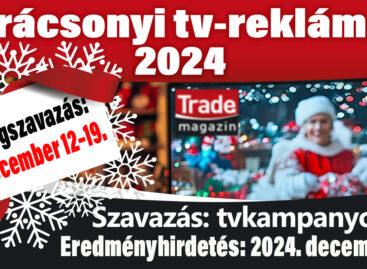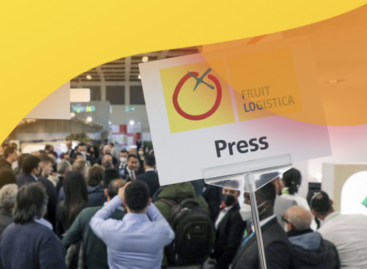Mission, a view of the future, strategy, tactics
According to Csíkné dr. Kovács Klára, managing director of the company organising the conference, the economic situation is catastrophic. Though present facts are not very promising, but if we know our mission, have a view of the future and we develop our strategy with all tactical elements being adequate, we can be successful – this was the message of the presentations by Coca-Cola and Beiersdorf .“Are we really different?” was the question asked by Szalóky Tóth Judit, managing director of Nielsen. According to consumer surveys, 60 per cent of us go shopping to discount stores, and also 60 per cent worry about things becoming impersonal. We also care a lot more about our health and convenience. The success of discount stores is not only due to low prices, since there is no correlation between preference for this channel and income, status or unemployment. Surveys show that the primary growth factor in food categories is the convenience, health, price/value ratio, while in non-food categories innovation seems to play such a role. The growth of private labels is apparent, but really great brands protect themselves against PL by constant innovation and development. A lot can be learned from great brands. Some figures about Coca Cola: 71 per cent of total sales is generated outside the American continent. 85 per cent of products are delivered to stores directly, while 15 per cent is sold through wholesale channels. Some fact about Beiersdorf: turnover is EUR 4,5 billion, of which 70 per cent is generated in Europe. After tax profits amount to EUR 335 million. They have 16500 employees, 150 subsidiaries, and a history going back 120 years. Their slogan is: “With passion for the brand, with passion for people and with passion for success!” The successful sales principle is similar for both big brands. Development is enhanced by better use of synergies and co-ordination based on regional strategy. Best practices do not have to be discovered again, successful promotional tools can be purchased for less if purchases are co-ordinated, and category-management experience can be applied in several markets. According to Dr. Márta Törőcsik, the revolution of trends, counter trends and retro trends make consumers unpredictable. What effect consumer priorities? First of all, low price. The second is the “time is money” effect. The third is convenience, followed by innovation and the effects of media presence. It is also very important for Hungarian consumers to have things available 24 hours a day, seven days a week. Body and health are valued more than before. LOHA (Lifestyle of Health and Sustainability) consumers are an example of this attitude. Zoltán Fekete, general secretary of the Hungarian Brands Association talked about the importance of brands, using the development of their eight year old Brand Campaign project as an example. Focus is placed on the advantages of reliable brands, with participants like Beiersdorf, Bonbonetti, Bunge, Gyermelyi, Henkel, Masterfoods, Nestlé, P&G, Sara Lee, Unilever.
Related news
Related news
This year, Trade magazine is asking its readers for their opinions on Christmas TV commercials! Vote for yourself!
The audience voting takes place between December 12 and 19,…
Read more >FRUIT LOGISTICA 2025: The exhibition awaits visitors with numerous innovations
Representatives of the international fruit and vegetable trade will meet…
Read more >EuroCIS 2025: Serious interest in the retail technology trade fair
Amazon and TikTok recently signed an agreement that will allow…
Read more >





